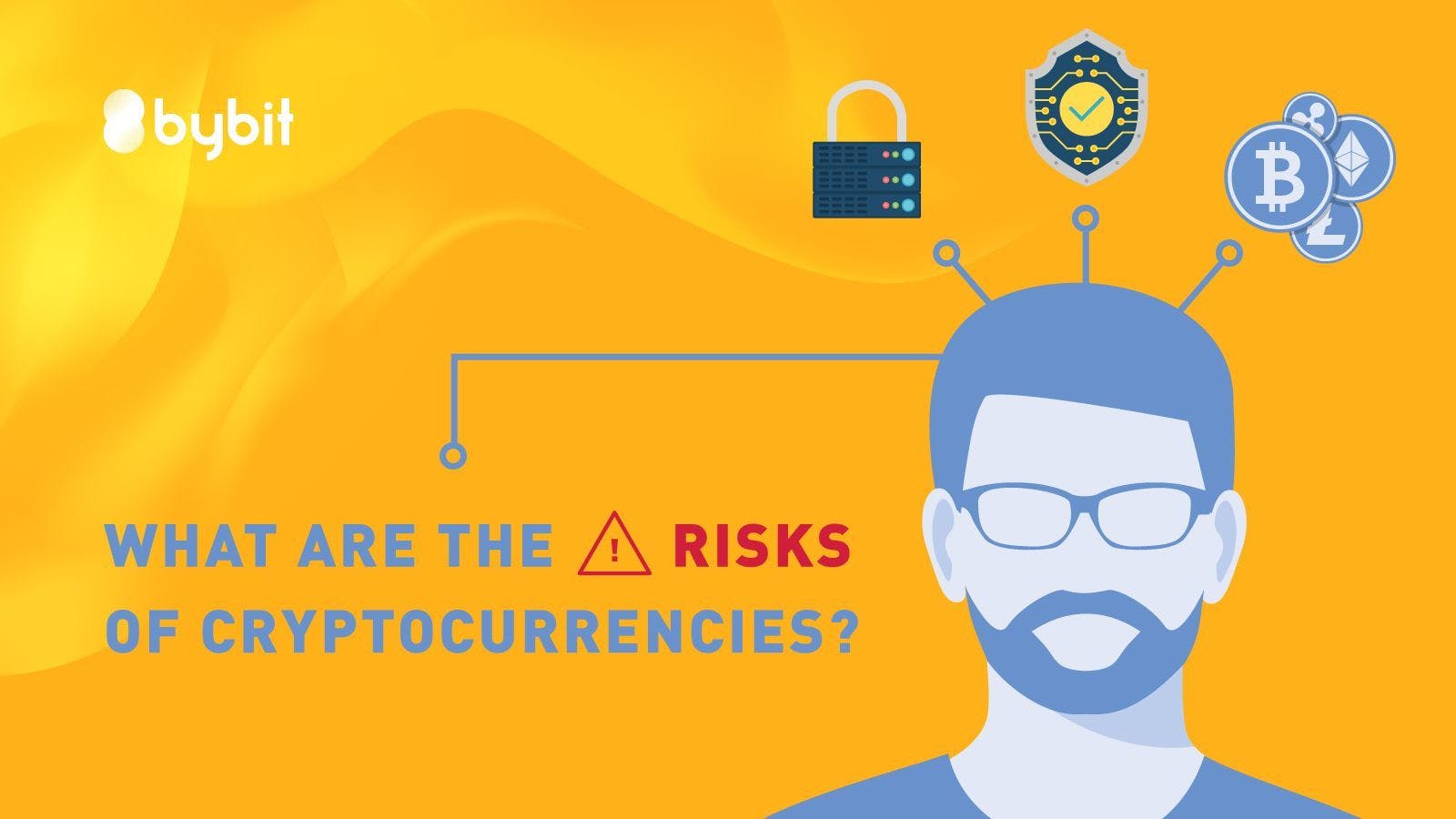159 reads
What Are The Risks Associated with HODLing Crypto?
by
July 23rd, 2021

Bybit, a crypto exchange, offers an ultra-fast matching engine across Spot, F&O, launchpads, earn products, NFTs & more.
About Author
Bybit, a crypto exchange, offers an ultra-fast matching engine across Spot, F&O, launchpads, earn products, NFTs & more.
